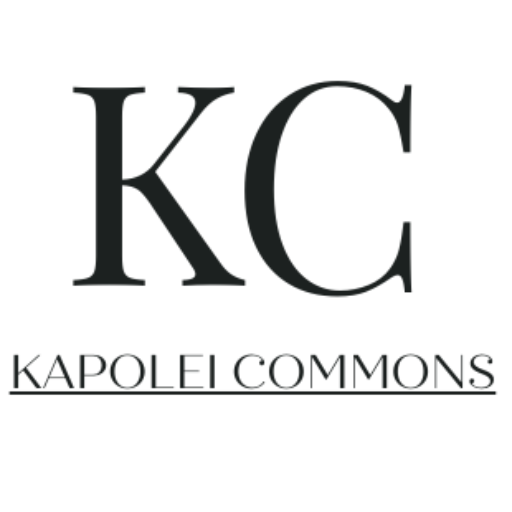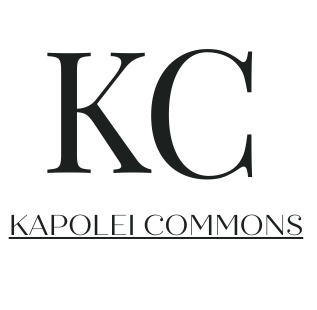Most people celebrate victories and try to forget defeats. Yet research consistently shows that our most profound periods of personal growth often emerge from navigating difficult circumstances rather than basking in triumph.
When we examine the lives of successful individuals across various fields, a clear pattern emerges: their greatest lessons came not from their wins, but from their losses.
This isn’t to romanticize hardship or suggest that we should seek out failure. Rather, it’s about recognizing that setbacks contain valuable information that success simply cannot provide.
While achievements validate our existing approaches, failures force us to question, adapt, and ultimately grow in ways that comfort never could.
Understanding this principle can transform your relationship with challenges and accelerate your journey toward meaningful personal growth.
Let’s explore the specific mechanisms through which failure becomes our greatest teacher and examine practical strategies for extracting maximum value from life’s inevitable difficulties.
The Neuroscience Behind Learning from Setbacks
When we fail, our brains undergo distinct neurological processes that don’t occur during success.
Neuroscientists have discovered that failure triggers the release of specific neurotransmitters that enhance memory formation and pattern recognition.
This biological response explains why we tend to remember our mistakes more vividly than our victories. The anterior cingulate cortex, responsible for error detection, becomes highly active when we encounter unexpected outcomes.
This heightened activity creates stronger neural pathways, making the lessons from failure more deeply embedded in our memory systems than those from success.
Additionally, failure activates our problem-solving networks in ways that success does not.
When everything goes according to plan, our brains operate on autopilot. But when plans fall apart, multiple brain regions collaborate to analyze what went wrong and generate alternative approaches.
Building Resilience Through Adversity
Resilience isn’t an innate trait that some people possess and others lack. Instead, it’s a skill that develops through experiencing and overcoming challenges.
Each time we face a setback and continue moving forward, we strengthen our capacity to handle future difficulties.
This process works similarly to physical exercise. Just as muscles grow stronger when they’re stressed and allowed to recover, our psychological resilience increases when we’re challenged and successfully adapt.
The key difference between those who thrive after setbacks and those who remain stuck often lies in their ability to extract actionable insights from their experiences.
People who develop strong resilience typically share certain characteristics. They view setbacks as temporary rather than permanent, specific rather than universal, and external rather than entirely personal.
This perspective allows them to learn from failures without being defined by them.
The Role of Emotional Regulation
Learning from failure requires emotional regulation skills. When we’re overwhelmed by frustration, disappointment, or shame, our capacity for objective analysis diminishes significantly.
The most valuable life lessons emerge when we can maintain enough emotional equilibrium to examine our setbacks with curiosity rather than self-judgment.
Successful individuals often develop practices that help them process emotions without being controlled by them. This might include journaling, meditation, physical exercise, or seeking feedback from trusted advisors.
The goal isn’t to eliminate negative emotions but to prevent them from clouding our judgment.
Extracting Life Lessons from Difficult Experiences
Not all failures automatically translate into wisdom. The process of learning from setbacks requires intentional reflection and analysis.
Many people experience repeated failures without gaining meaningful insights because they skip this crucial step.
Effective learning from failure typically involves several key questions: What specific factors contributed to this outcome? Which elements were within my control versus beyond my influence? What assumptions did I make that proved incorrect? What would I do differently if faced with a similar situation?
The timing of this reflection matters significantly. Immediate post-failure analysis is often clouded by strong emotions, while waiting too long can result in forgotten details.
Most experts recommend allowing a brief cooling-off period before conducting a thorough review of what happened.
Creating Learning Systems
Systematic approaches to failure analysis can dramatically increase their educational value. Some professionals maintain failure logs, documenting setbacks along with their contributing factors and lessons learned.
Others establish regular review sessions with mentors or peers to gain external perspectives on their experiences. The most effective learning systems treat failures as data points rather than personal shortcomings.
This shift in perspective allows for more objective analysis and reduces the emotional barriers that often prevent meaningful learning.
Reframing Setbacks as Growth Opportunities
The language we use to describe our setbacks significantly influences our ability to learn from them.
Referring to challenges as “failures” often triggers shame and defensiveness, while framing them as “learning experiences” or “growth opportunities” promotes curiosity and openness.
This reframing isn’t about denial or positive thinking. It’s about recognizing that setbacks serve important functions in human development.
They reveal gaps in our knowledge, expose flaws in our strategies, and highlight areas where we need to develop new skills.
Many successful entrepreneurs, athletes, and leaders explicitly seek out challenging situations because they understand their educational value.
They’ve learned to view setbacks not as obstacles to their goals but as necessary steps in achieving them.
The Compound Effect of Small Lessons
Individual failures might seem insignificant, but their cumulative impact can be transformative. Each setback teaches us something new about ourselves, our environment, or our approach to problem-solving.
Over time, these individual lessons combine to create a sophisticated understanding and refined judgment.
This compound effect explains why experienced professionals often seem to have intuitive knowledge about their fields.
What appears to be intuition is the accumulated wisdom from numerous setbacks, each contributing to a more nuanced understanding of their domain.
Practical Strategies for Learning from Failure
Developing the ability to learn from setbacks requires specific skills and practices. Start by creating psychological safety for yourself when analyzing failures.
This means approaching your setbacks with the same compassion you’d show a good friend facing similar challenges. Document your failures and their lessons systematically.
This documentation serves multiple purposes: it helps process emotions, preserves valuable insights, and allows you to track patterns over time.
Many people discover recurring themes in their setbacks that reveal important blind spots or areas for development. Seek multiple perspectives on your failures.
Others can often see patterns or contributing factors that we miss due to our emotional involvement. This external input is particularly valuable because it can challenge our assumptions and reveal alternative interpretations of events.
Practice distinguishing between productive and unproductive failure analysis. Productive analysis focuses on actionable insights and future improvements.
Unproductive analysis involves self-blame, rumination, or dwelling on unchangeable past events.
Transforming Your Relationship with Challenges
Learning to value failure doesn’t happen overnight. It requires a fundamental shift in how we define success and measure progress.
Instead of viewing your journey as a series of wins and losses, consider framing it as a continuous learning process where both positive and negative outcomes contribute valuable information.
This transformation often involves challenging cultural messages about failure and success. Many societies teach us to hide our failures and celebrate only our victories.
But this approach deprives us of the rich learning opportunities that setbacks provide. The most resilient individuals have learned to find meaning in their struggles.
They understand that their setbacks have contributed as much to their personal growth as their successes, if not more. This perspective doesn’t eliminate the sting of failure, but it provides a framework for extracting value from difficult experiences.
When you begin to see setbacks as teachers rather than enemies, your entire approach to challenges shifts.
You become more willing to take calculated risks, more resilient in the face of obstacles, and more confident in your ability to handle whatever comes your way.



Leave a Comment